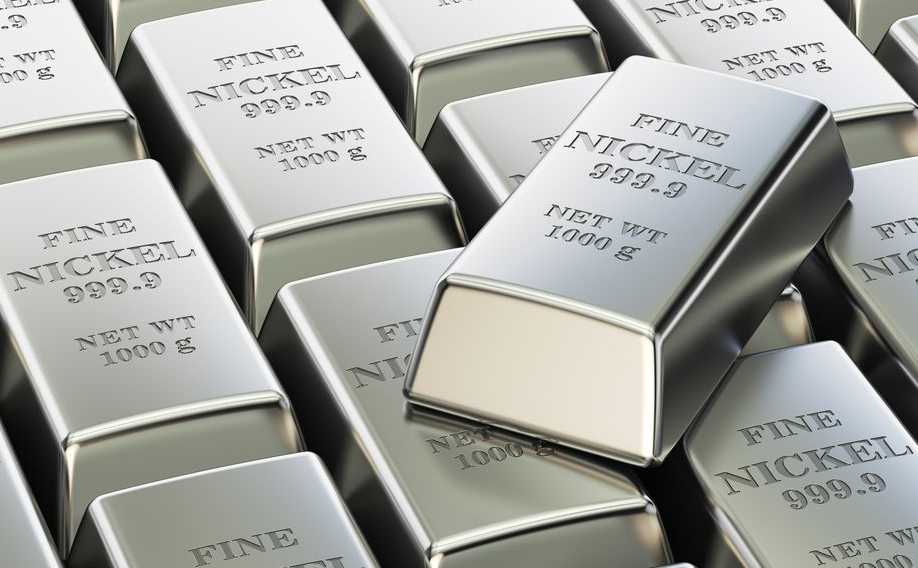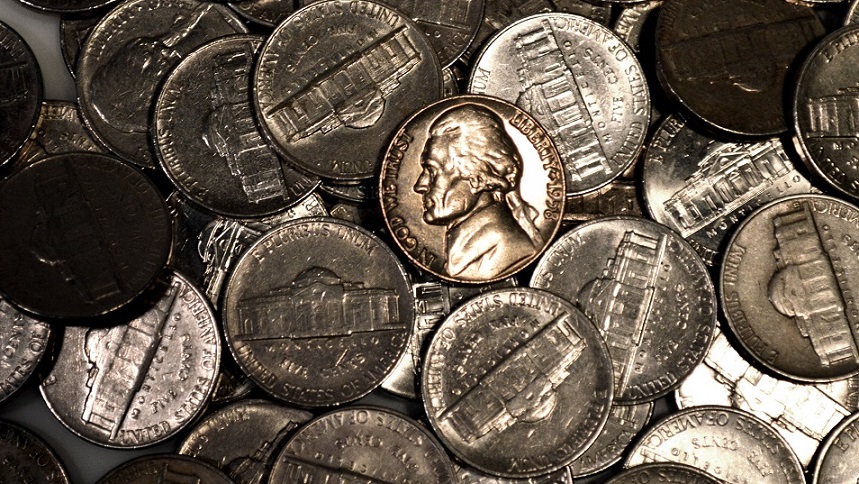6 Interesting Facts about Nickel

6 Interesting Facts about Nickel
Nickel is a silver-white transition metal with element symbol Ni, a relative atomic mass of 58.69, a density of 8.9g / cm³, a melting point of 1455 ° C, and a boiling point of 2730 ° C. Nickel has good ductility, magnetic and corrosion resistance. Beyond the basics above, what else should we know about nickel? Check out the 6 interesting facts about nickel below!

Interesting Facts about Nickel
Interesting Facts about Nickel - 1. The History of Nickel
Nickel plays an important role in the development of human material civilization. Because the melting points of nickel and iron are close, nickel was mistaken by the ancients as iron.
In ancient times, people in China, Egypt, and Babylon used the meteorite with high nickel content to make utensils, and because nickel does not rust, it is also regarded as silver by the indigenous people of Peru.
Interesting Facts about Nickel - 2. How was it discovered?
In 1751, Alex Fredrik Cronstedt from Stockholm studied a new metal. He thought it contained copper, but what he extracted was a new metal, and this metal was declared and named nickel in 1754.
Interesting Facts about Nickel - 3. The Properties of Nickel
Nickel is a silver-white metal with good mechanical strength and ductility. Nickel is insoluble in water and has strong corrosion resistance to acids and alkalis, but it is easily soluble in dilute nitric acid and aqua regia.
At room temperature, a dense oxide film is formed on the surface of nickel in humid air, and the color changes to black, which prevents the metal from continuing to oxidize.
Interesting Facts about Nickel - 4. The Distribution of Nickel Resources
The world reserves of nickel resources are very rich. According to 2015 data from the US Geological Survey, global nickel reserves are 81 million tons, of which 19 million tons are in Australia, 12 million tons are in New Caledonia, 9.1 million tons are in Brazil, 7.9 million tons are in Russia, and 5.5 million tons are in Cuba.
In the distribution of nickel ore resources in the world, laterite nickel ore accounts for about 55%, sulfide-type nickel ore 28%, and nickel in submarine iron-manganese nodules 17%.
Interesting Facts about Nickel - 5. How is nickel used today?
Nickel has good plasticity, corrosion resistance, and magnetic properties, so it is mainly used in steel, nickel-based alloys, electroplating, and batteries.

Interesting Facts About Nickel
In addition, nickel is also widely used in various military manufacturing industries such as aircraft and radar, civil machinery manufacturing, and electroplating industries.
Interesting Facts about Nickel - 6. The Effects of Nickel on Human Health
Nickel is an essential element of the human body, and its content is extremely small in the human body. Normally, the adult body contains about 10mg of nickel. Nickel deficiency can cause diseases such as diabetes, anemia, cirrhosis, uremia, renal failure, and abnormal metabolism of liver lipids and phospholipids.
Too much nickel intake can cause poisoning. Daily intake of 250mg of soluble nickel in the human body can cause poisoning. The unique symptoms are dermatitis, respiratory organ disorders, and respiratory cancer.
Conclusion
Thank you for reading our articles and we hope it can help you have a better understanding of nickel. If you want to know more about the interesting facts of nickel, you can visit Advanced Refractory Metals for more information.
Headquartered in Lake Forest, California, (Advanced Refractory Metals) ARM is a leading manufacturer & supplier of refractory metals across the world. We provide our customers with high-quality refractory metal products such as tungsten, molybdenum, tantalum, rhenium, titanium, zirconium, etc. at a very competitive price.
{{item.content}}
LEVE A REPLY
{{item.children[0].content}}
{{item.content}}






